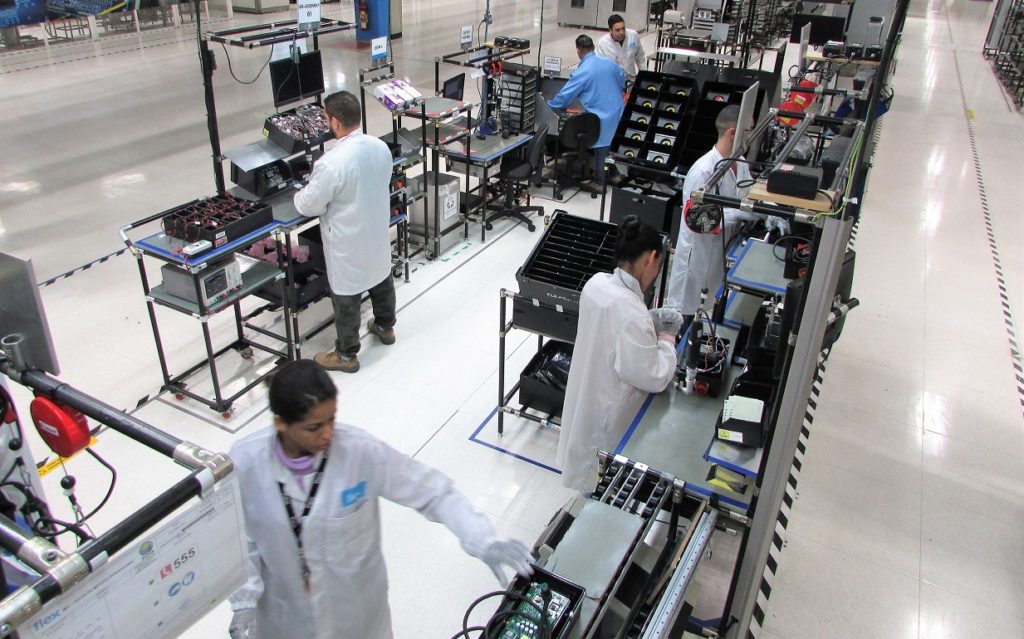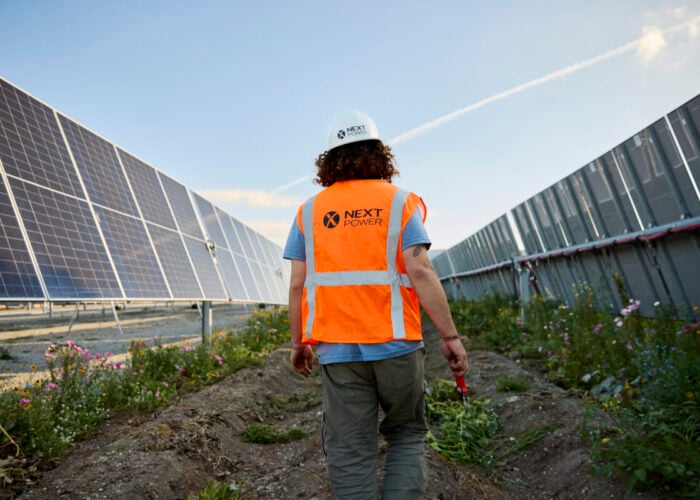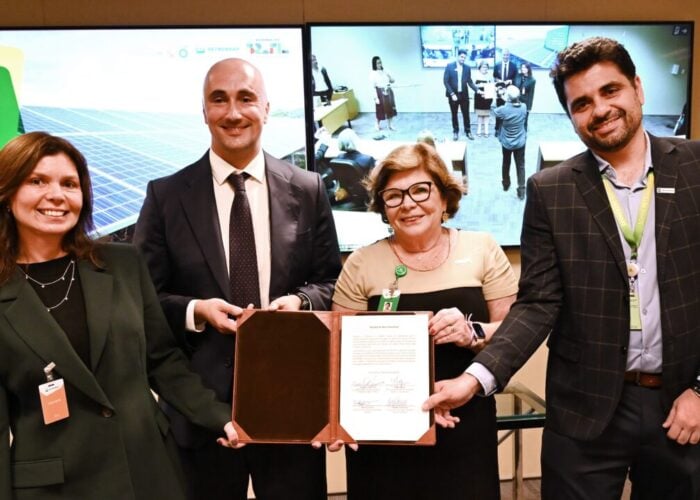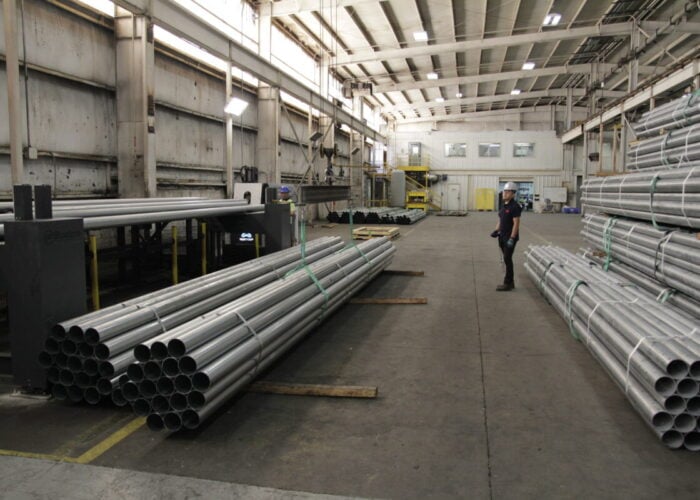
Nextracker is opening a solar tracker research and development (R&D) facility in Brazil through a partnership with non-profit organisation Flex Instituto de Tecnologia.
Encompassing the full lifecycle of tracker systems – including structural, mechanical and electrical design as well as construction, operation and maintenance – the multi-million-dollar hub, located in the city of Sorocaba, will be unveiled next week.
Try Premium for just $1
- Full premium access for the first month at only $1
- Converts to an annual rate after 30 days unless cancelled
- Cancel anytime during the trial period
Premium Benefits
- Expert industry analysis and interviews
- Digital access to PV Tech Power journal
- Exclusive event discounts
Or get the full Premium subscription right away
Or continue reading this article for free
US tracker manufacturer Nextracker said teams at the facility will conduct in-depth research and testing on wind dynamics, soil mechanics and tracker performance enhancement via software and battery backup systems.
The facility, dubbed the Brazil Center for Solar Excellence, includes an adjacent 770kW solar installation that will serve as an outdoor laboratory for prototyping and testing new products and a workforce training centre.
Brazil’s fast-growing pipeline of PV projects led Nextracker to choose the country for its largest investment in R&D and training outside of North America, according to the company.
“Brazil is one of the fastest-growing solar power markets in the world,” said Dan Shugar, CEO and founder of Nextracker. “We’ve been making our electronic controllers and key components in Brazil for over five years, now investing heavily in a world-class R&D and test facility.”
Citing data from research firm Wood Mackenzie, Nextracker said Brazil’s solar tracker market is growing four times as fast as the international market, with single-axis tracker installations having increased by 105% in 2021.
Nextracker has opened three factories in the US this year – in Pennsylvania, Texas and Arizona – as it aims to reach 10GW of annual tracker manufacturing capacity in the country.





